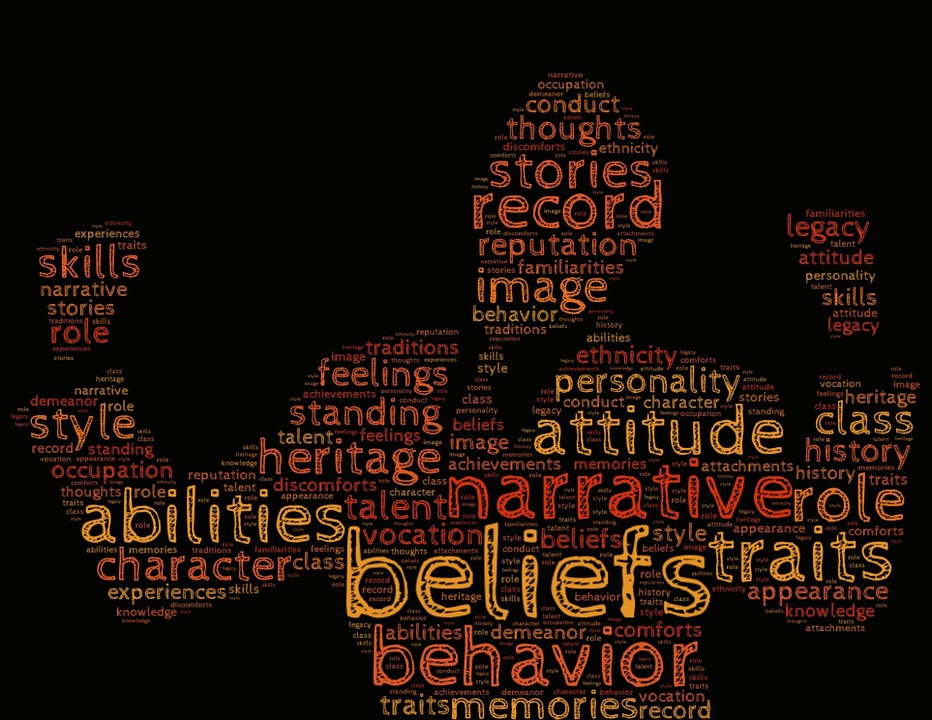“I don’t want anyone to know I have cancer”
Every time I write a story, I always change names, circumstances, and any identifying factors. This story — like most others — is less about “Dan” and more about what he taught me.

The funeral home’s business line rang and — in my normal fashion — I answered, “Hello. Wilde Funeral Home. Caleb speaking.”
“Hi, Caleb. My name is Dan,” the voice on the other end said, in what sounded like the voice of someone in their mid-forties.
“I want to know the cost of cremation”, he said.
“Sure, Dan. Let’s make sure we’re on the same page. When you say ‘cremation’, are you thinking about having a memorial service, is there a burial involved? I’m asking these questions because it’ll help me give you a more specific answer.”
“Hmmm. Good questions. And I don’t really know to be honest.”
“I’ll need to talk to my husband about that”, he said.
“Is your husband sick, or dying?” I asked as a way to move our conversation away from a purely business exchange and into something a little more personal. Usually, I try to personalize everything I do in this business. I try to understand relationships, personalities, likes/dislikes, all for the purpose of being able to serve that specific person better.
Dan paused to roll his answer around in his head.
“It’s for me. I’m dying. I have a very rare form of cancer that’s incurable. Supposedly, I have about two to three years left before …. you know … I’ll need your services.”
I could tell by the tone of Dan’s voice that he wasn’t interested in my sympathy, nor did he want me to delve into his personal life. He was interested in talking about cremation pricing. So, that’s what we did.
Toward the end of our conversation, Dan said, “I don’t want anyone to know I have cancer. So let’s pretend this conversation never happened.”
Over the past couple of months, we’ve buried four elderly women who died of breast cancer. And they, like Dan, didn’t tell anyone until they were actively dying. Their family didn’t know. Their friends didn’t know. They kept it to themselves.
I mentioned this to Dan and his response surprised me:
“I don’t think they were quiet because they were ashamed of their cancer. Or because it was so big and bad that they wanted to sweep it under the rug. I think they were quiet because they didn’t want it to shape their entire identity. When I came out as gay, I wasn’t ashamed of being gay, I was more worried that people would stop looking at me as ‘Dan’ and start seeing me as ‘Dan, the gay guy.’ Now, I don’t want people to see me as ‘Dan, the guy with cancer.’ In my last years, I just want to be Dan.”
I’ve been processing my conversation with Dan since I spoke with him a few weeks ago. Labels are powerful. Labels like:
Republican.
Muslim.
Queer.
Whatever label gets attached to you, it often sticks. Some are stronger than others. Some are so strong, they define you. And — if I learned anything from Dan — it’s that labels that are attached to death and dying might be the strongest. Labels like …
Widow.
Suicide.
Bereaved mother.
And cancer.
And maybe why people are often tentative to share those labels … to share their hard stories … is because they want to be enjoyed, not pitied.
I’ve always thought that transparency is an act of bravery. But for some, keeping things to themselves is their own act of bravery. Thanks to Dan, I’ve come to respect both acts.
